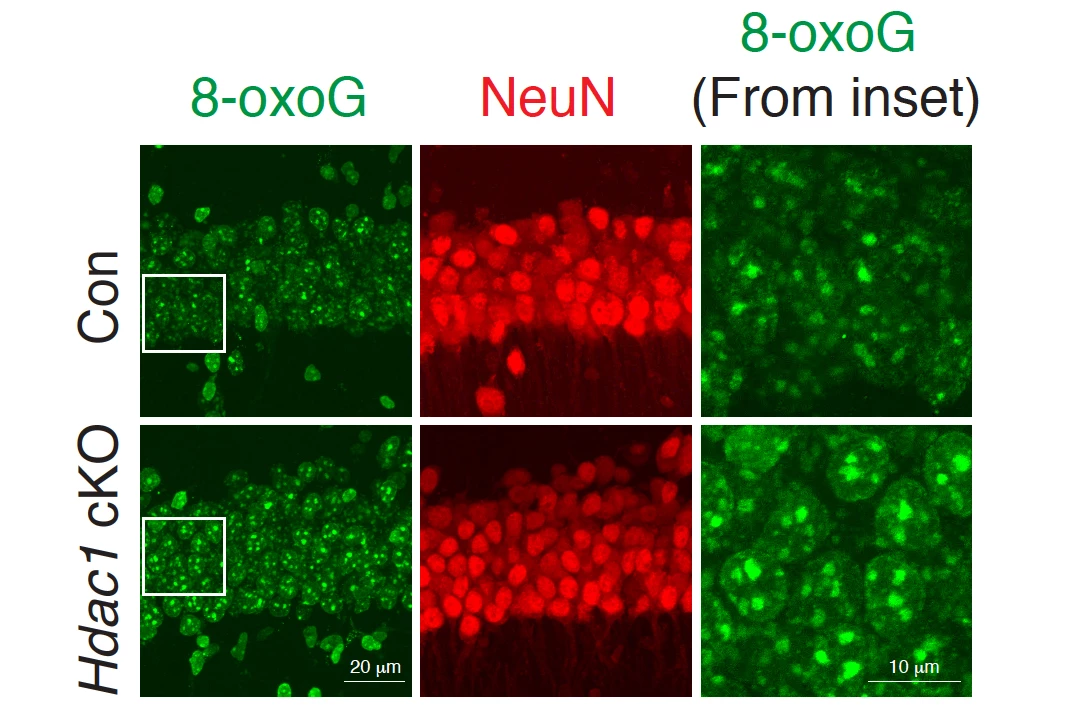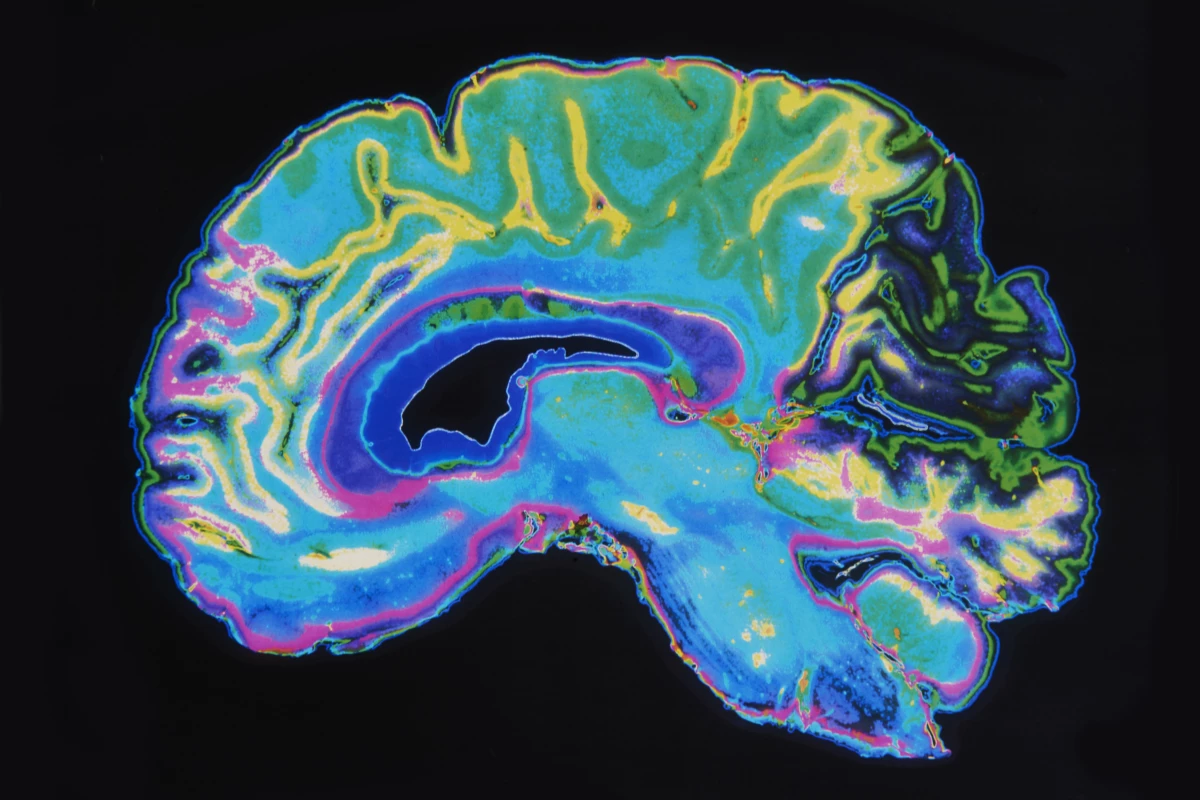DNA damage is common to our cells, but when we’re young our bodies can fix it pretty easily. Unfortunately we lose that ability over time, leading to many of the symptoms of aging that we know all too well. A new study from MIT has found that reactivating a certain enzyme improves repair of DNA damage in neurons, which helps Alzheimer’s patients and others with cognitive decline.
Previous studies by the team have shown that an enzyme called HDAC1 seems to be involved in DNA repair in neurons. For the new study, the researchers examined what happens when HDAC1 doesn’t do its job.
The team engineered mice to be deficient in HDAC1, and monitored their health compared to normal mice. Things looked good during the animals’ youth – there were no differences in DNA damage or behavior between the two groups. But as they aged, the decline became clear.
The researchers observed that the older HDAC1-deficient mice had higher amounts of DNA damage in their neurons. They had reduced synaptic plasticity, which is how the brain changes connections between neurons to learn and remember. This resulted in worse performance in memory and spatial navigation tests.

On closer examination, the team found that the mice had 8-oxo-guanine lesions, a specific type of DNA damage caused by oxidation. Interestingly, high levels of this kind of DNA damage have been seen in patients with Alzheimer’s.
“It seems that HDAC1 is really an anti-aging molecule,” says Li-Huei Tsai, senior author of the study. “I think this is a very broadly applicable basic biology finding, because nearly all of the human neurodegenerative diseases only happen during aging. I would speculate that activating HDAC1 is beneficial in many conditions.”
To investigate further, the researchers then tried to treat the condition using an old dementia drug called exifone, which activates HDAC1. It was tested on mice with Alzheimer’s and healthy older mice, and across the board it was found to reduce DNA damage in the brain, improving cognitive functions like memory.
As promising as exifone sounds, it’s not the best drug choice – it’s known to cause liver damage in some patients. Nevertheless, the researchers say that confirming HDAC1’s role in reversing cognitive decline means that other drugs could be developed that do the same thing.
“This study really positions HDAC1 as a potential new drug target for age-related phenotypes, as well as neurodegeneration-associated pathology and phenotypes,” says Tsai.
The research was published in the journal Nature Communications.
Source: MIT




